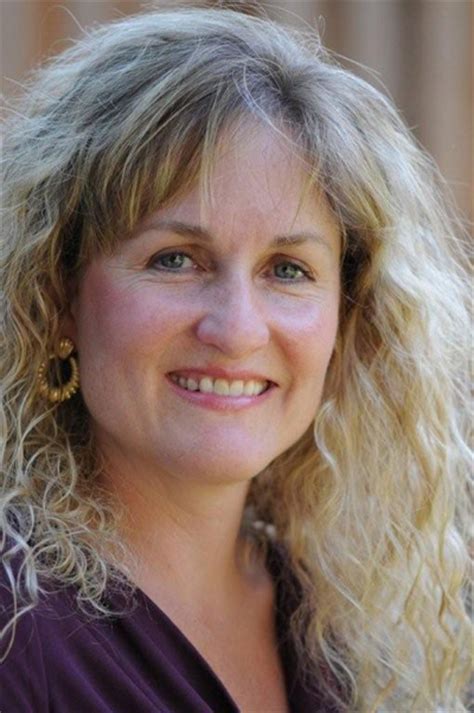A Quote by Ovid
Consider the misfortunes of others, and you will be the better able to bear your own.
Quote Topics
Related Quotes
A private man, however successful in his own dealing, if his country perish is involved in her destruction; but if he be an unprosperous citizen of a prosperous city, he is much more likely to recover. Seeing, then, that States can bear the misfortunes of individuals, but individuals cannot bear the misfortunes of States, let us all stand by our country.
If your struggle with the conflicting parts of yourself is conscious, you are able to choose consciously the response that will create the karma that you desire. You will be able to bring to bear upon your decision an awareness of what lies behind each choice, and the consequences of each choice, and choose accordingly. When you enter into your decision-making dynamic consciously, you insert your will consciously into the creative cycle through which your soul evolves, and you enter consciously into your own evolution.
An observer will see the bizarre developments of behavior only in alien cultures, not his own. Nevertheless this is obviously a local and temporary bias. There is no reason to suppose that any one culture has seized upon an eternal sanity and will stand in history as a solitary solution of the human problem. Even the next generation knows better. Our only scientific course is to consider our own culture, so far as we are able, as one example among innumerable others of the variant configurations of human culture.
The key to overcoming aloneness and a feeling of uselessness for one who is physically able is to step outside yourself by helping others who are truly needy. We promise those who will render this kind of service that, in some measure, you will be healed of the loss of loved ones or the dread of being alone. The way to feel better about your own situation is to improve someone else's circumstances.
Holding this book in your hand, sinking back in your soft armchair, you will say to yourself: perhaps it will amuse me. And after you have read this story of great misfortunes, you will no doubt dine well, blaming the author for your own insensitivity, accusing him of wild exaggeration and flights of fancy. But rest assured: this tragedy is not a fiction. All is true.
All of us are prone to excuse our own mediocre performance. We blame our misfortunes, our disfigurements, our so-called handicaps. Victims of our own rationalization, we say silently to ourselves, 'I'm just too weak,' or 'I'm not cut out for better things.' Others soar beyond our meager accomplishments. Envy and discouragement take their toll. .
No matter how vast your knowledge or how modest, it is your own mind that has to acquire it. It is only with your own knowledge that you can deal. It is only your own knowledge that you can claim to possess or ask others to consider. Your mind is your only judge of truth - and if others dissent from your verdict, reality is the court of final appeal. Nothing but a man's mind can perform that complex, delicate, crucial process of identification which is thinking. Nothing can direct the process but his own judgment. Nothing can direct his judgment but his moral integrity.





































